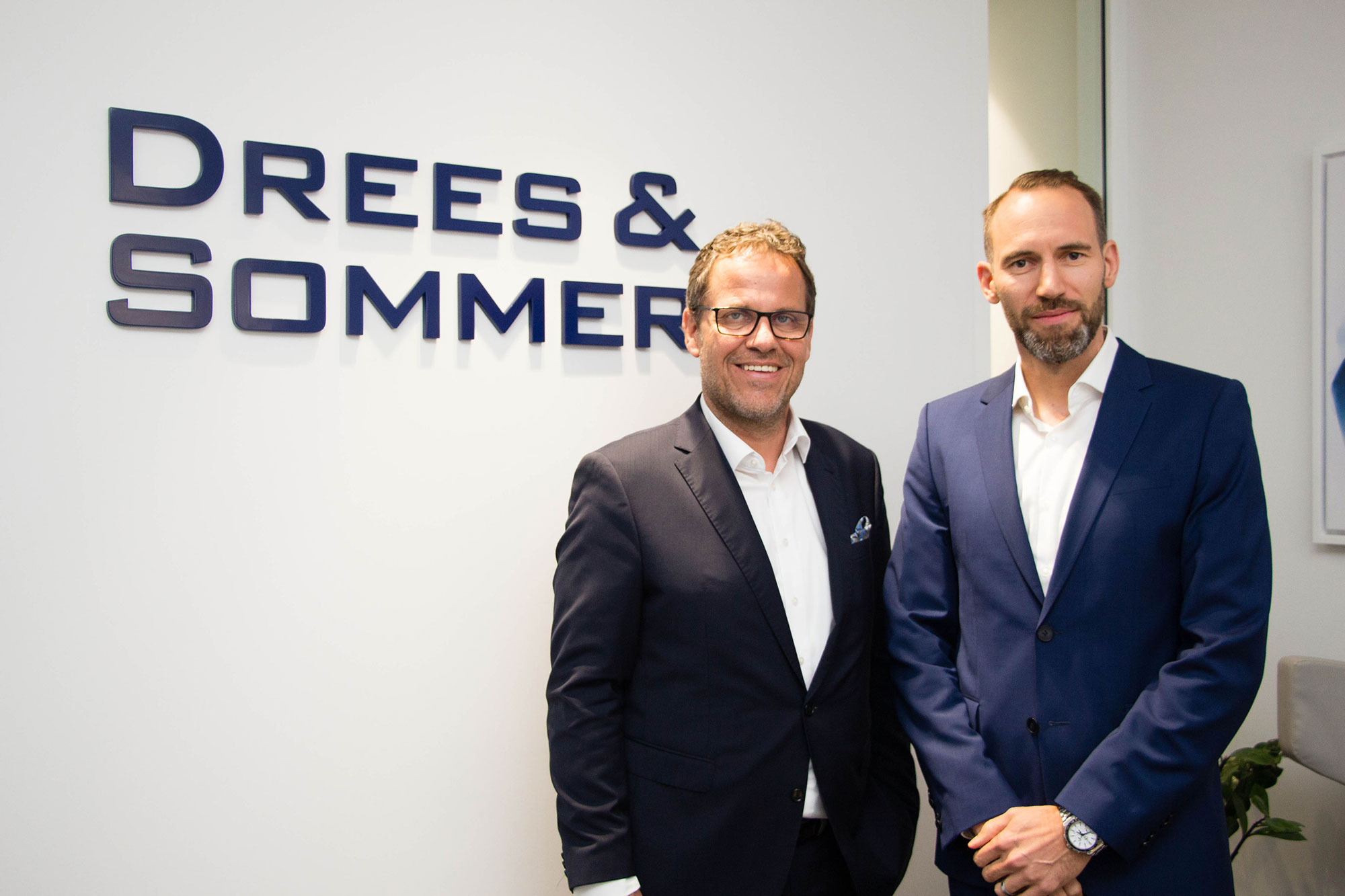The impact of new technology and alternative business models will take hold in 2020 and beyond, with adaptive buildings and smart cities on the horizon.
The future of real estate development is digital, with demand for cost-effective, innovative and sustainable buildings inspiring data-led business models that will help fuel the continued growth of the Middle East construction industry, according to subject matter experts at construction and real estate consultancy, Drees & Sommer.
“Innovation and sustainability in construction, specifically in connection with new digital solutions, are driving the future of real estate in the Middle East,” said Dierk Mutschler, CEO, Drees & Sommer.
“A gentle slowdown in some regional markets coupled with the emergence of new technology and business models will pave the way for forward-thinking companies to capitalise on these shifts. From 2020, the increasingly competitive environment will result in more demand for quality products, leading to a longer-term focus on investment in sustainable business models. After all, future business models, products and services will be measured not only by their economic success, but by their impact on our environment,” asserted Mutschler.
“Old business models will become obsolete,” he continued. “Real estate developers and contractors will need to truly understand data and what digitisation means for the construction industry. They will need to design and construct buildings with the capacity to adapt to new technology and future needs for the next 50 to 80 years.
“Ultimately, digitisation means ‘software’. If smart buildings are in danger of becoming outdated, a software update can make them state-of-the-art again. In our Drees & Sommer innovation laboratories, we are researching the use of regenerative technology, which will help ensure buildings are adaptable and future-proof – offering significant cost-saving benefits too,“ said Mutschler.
He cited the findings of the KPMG Global Construction Survey, which forecasts six to 10 percent growth in the UAE’s construction sector in 2020 and Global Construction 2020, a report from PricewaterhouseCoopers, Global Construction Perspectives and Oxford Economics, which forecasts US $4.3 trillion will be spent on construction in the Middle East and North Africa region over the next decade, as indicative of the positive outlook for the sector.
With regard to the UAE specifically, Stephan Degenhart, Associate Partner and Managing Director of Drees & Sommer Middle East, said the current focus lies in the delivery and completion of ongoing projects in anticipation of Expo Dubai 2020, which will attract 25 million visits during its six-month duration.
Following this, he predicted development would focus on delivering the ambitious roadmap of Smart Dubai 2021, which aims to make Dubai the happiest city on earth by embracing technology innovation for a seamless, efficient, safe and personalised city experience.
Degenhart commented: “The opportunities for growth lie within these shifts and changes. We predict that buildings will be completely reimagined and investors will need to consider how their business models will serve the new demands of end users. Existing buildings will also need extensive repositioning and revitalisation in order to compete in the digitised environment of the future.”
There are a host of smart technology solutions already available, from 3D laser scanning and digital modular fabrication to intelligent construction equipment and BIM models for design and construction, not to mention the use of IoT systems, robotics and data-driven business models for operation. Challenges lie in achieving the successful integration or networking of multiple systems from different technology providers and critically, according to Degenhart, in realising a change in mindset.
He said: “Digital solutions have the power to dramatically impact the way we plan, construct and operate buildings. According to recent research by McKinsey & Company, adopting digital solutions throughout every phase of the construction process could increase market productivity by as much as 15 per cent and reduce project costs by up to 45 per cent.
“At Drees & Sommer, we are looking forward to working with developers and investors seeking to expand or enhance their portfolio in 2020, as well as supporting those new to the region. Our goal is to deliver cost-effective and sustainable buildings, profitable real estate portfolios, people-oriented working environments, visionary mobility concepts and liveable cities, ” concluded Degenhart.

